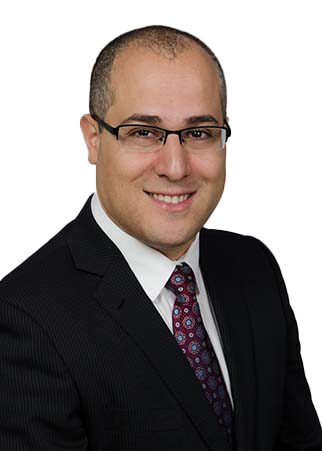Search results
Author(s):
Nazzareno Galiè
Added:
3 years ago
The field of pulmonary arterial hypertension (PAH) has recently been characterised by rapid improvements in therapeutic options and corresponding improvements in patient outcomes. In 1991, estimates from the US Department of Health and Human Services National Institutes of Health (NIH) Registry painted a grim portrait of survival in patients with pulmonary hypertension – then called primary…
View more
Ilaria Battistoni
Author
Christopher M Cook
Author
Danny Dvir
Author
Aniket S Rali
Author
Author(s):
Jean-Luc Vachiéry
Added:
3 years ago
Prostacyclins in PAH - Pathobiological Rationale
Endothelial dysfunction is the cornerstone event in the pathobiology of pulmonary arterial hypertension (PAH), a rapidly evolving clinical syndrome of dyspnoea and fatigue eventually leading to right ventricular failure and death.1 In the pulmonary vascular bed, endothelial cells are the major source of mediators modulating pulmonary vascular tone…
View more
Author(s):
Nazzareno Galiè
Added:
3 years ago
The field of pulmonary arterial hypertension (PAH) has recently been characterised by rapid improvements in therapeutic options and corresponding improvements in patient outcomes. In 1991, estimates from the US Department of Health and Human Services National Institutes of Health (NIH) Registry painted a grim portrait of survival in patients with pulmonary hypertension - then called primary…
View more
Carina Blomström-Lundqvist
Research Area(s) / Expertise:
Job title: Professor of Cardiology
Author
Author(s):
Luca Di Chiara
Added:
3 years ago
Anaphylaxis is clinically defined as a severe systemic allergic reaction of rapid onset, the hallmarks of which are acute cardiovascular and pulmonary dysfunction. In anaesthetics the incidence of this severe complication is between 1:5,000 and 1:25,000, and it is one of the few remaining causes of mortality directly due to general anaesthesia. During cardiac surgery, children are exposed to…
View more
Author(s):
Wouter Jacobs
,
Anton Vonk-Noordegraaf
Added:
3 years ago
Abstract
Pulmonary arterial hypertension is a progressive disease of the pulmonary vasculature, ultimately leading to right heart failure and death. Current treatment is aimed at targeting three different pathways: the prostacyclin, endothelin and nitric oxide pathways. These therapies improve functional class, increase exercise capacity and improve haemodynamics. In addition, data from a meta…
View more














